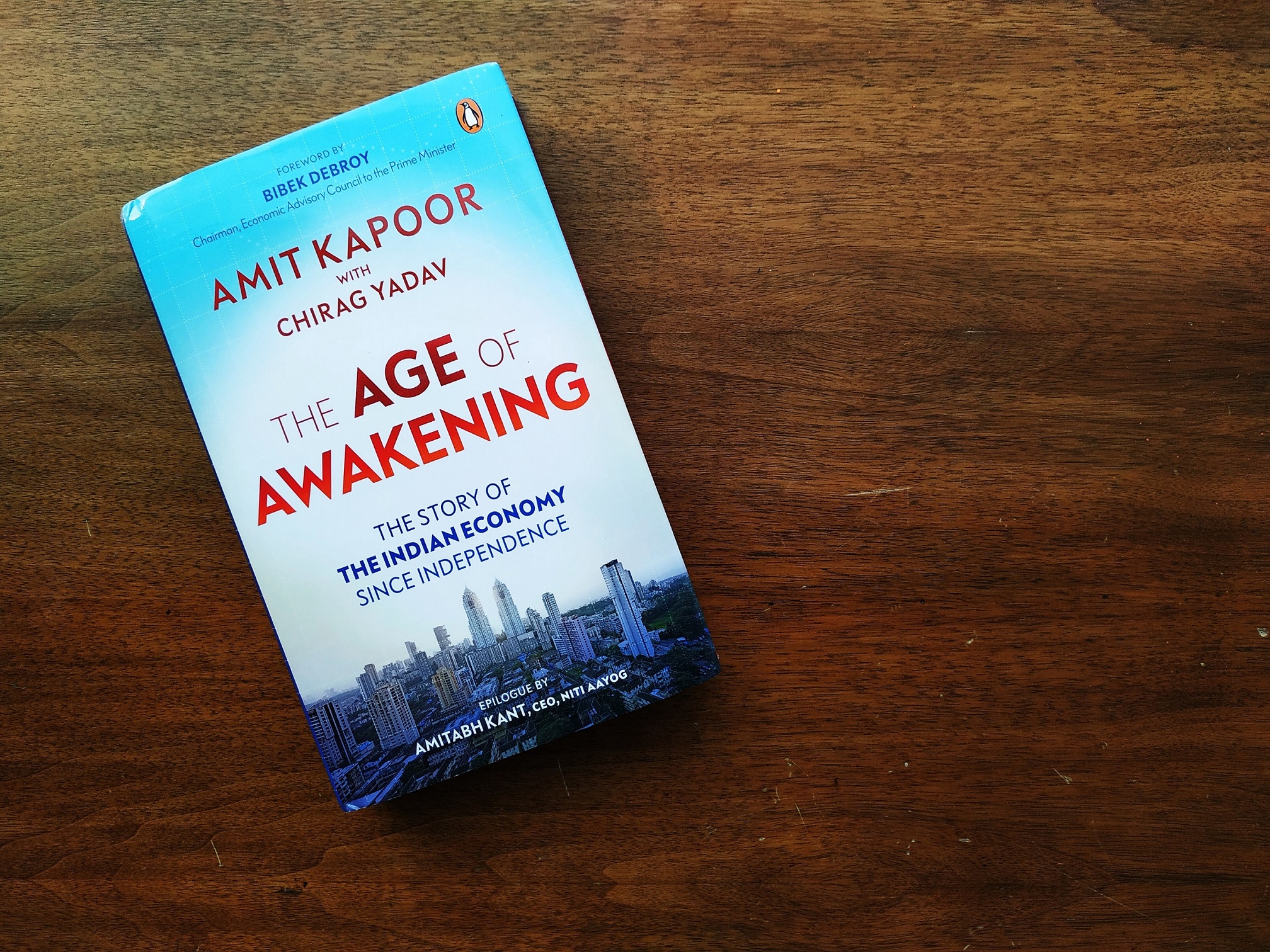
Indian leaders at the time of Independence had their tasks cut out. The nation that was marred by an ugly Partition, had to be prevented from coming apart at the seams. An economic policy had to be shaped for a widely impoverished population.
The Age of Awakening tells India’s economic story since the country gained independence. It unfolds a tale of titanic figures, colossal failures, triumphant breakthroughs and great moral shortcomings.
Here is an excerpt from the book, which sheds light on the post-Independence scenario.
“India is an elaborate mix of contradictions and complexities. It is rare to find other countries in the world that embrace such an extraordinary diversity of religions, a multitude of ethnic groups, a disparate assortment of languages and a range of economic development levels in society. For these reasons, there was considerable skepticism surrounding the idea of India as a nation.
The British were especially doubtful that any unity of the Indian state could outlast their reign. A ‘Balkanization’ of the region was widely expected as soon as they left. When the renowned writer Rudyard Kipling was asked in 1891 about the possibility of self-government in India, he exclaimed,‘Oh no! They are 4,000 years old out there, much too old to learn that business. Law and order is what they want and we are there to give it to them.’
Among others, Sir John Strachey, a British civil servant who gave a series of lectures in Cambridge in 1988 that were later compiled in a book titled India, also held a similar view. In the lectures, he argued that ‘India’ was merely ‘a name which we give to a great region including a multitude of different countries’.
He pointed out that the differences among European nations were much smaller than those that existed across the Indian landscape. All the nation states that had formed in Europe arose from a shared identity of language or territory. India displayed no comparable sense of national unity. Most popularly, Winston Churchill, the formidable prime minister of United Kingdom during the Second World War, once infamously remarked that ‘India is merely a geographical expression . . . no more a single country than the Equator’.
But, against all cynical assessments of the possible establishment of an Indian state, when the country gained independence in 1947, speculations arose on how long it would stay united. With the death of every leader, eruption of new secessionist movements, or even failure of monsoons, the survival of India as a single entity was vehemently questioned. But the Indian experiment remained resilient through it all.”
Weaving together vivid history and economic analysis, The Age Of Awakening makes for a gripping narrative.









